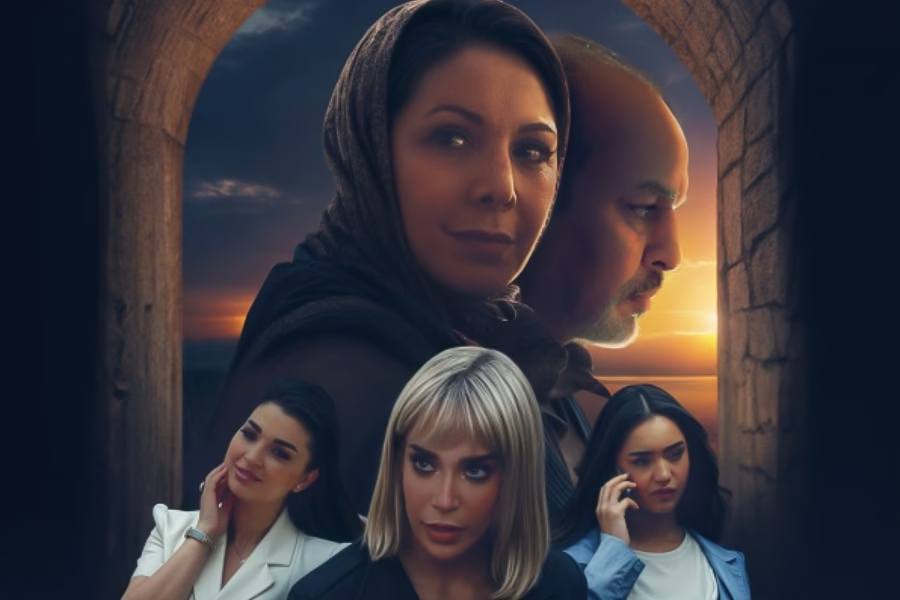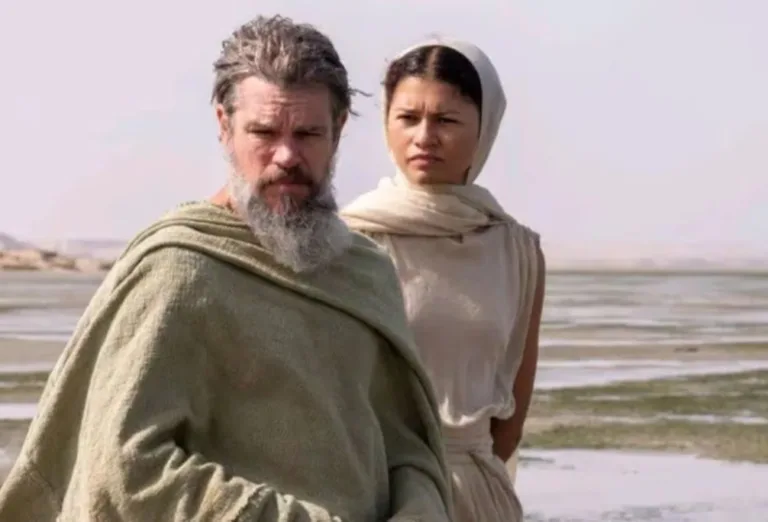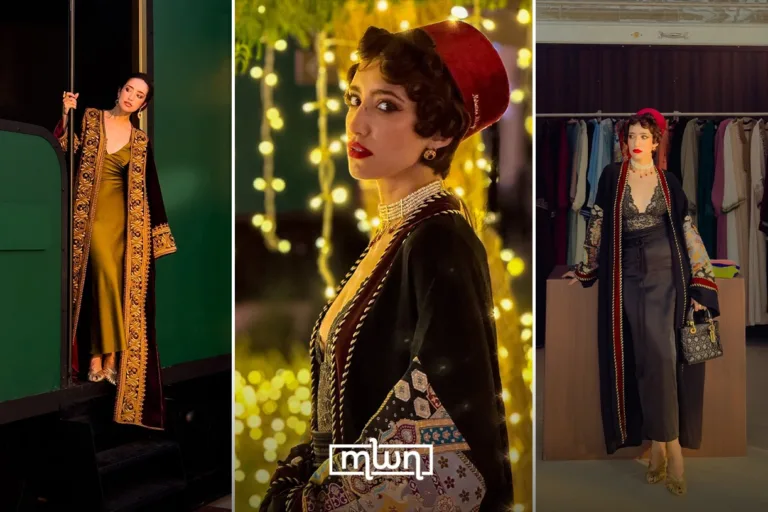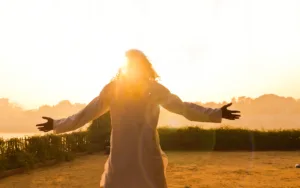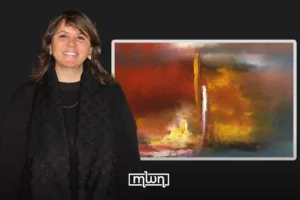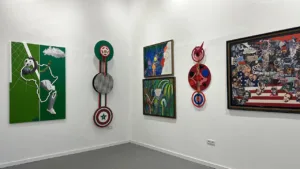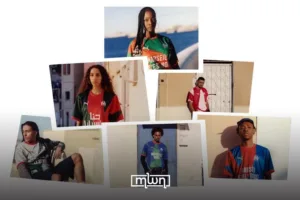One woman, one child, one relentless fight against a world that turned its back.
Fez – In a highly competitive Ramadan TV lineup, “Rahma” stands out, not just for its compelling narrative but for its raw, emotional portrayal of the silent battles many women fight.
Written by Bushra Malek and directed by Mohamed Ali El Mejbour, the series airs on MBC5, captivating audiences across generations with its heart-wrenching realism.
At its core, “Rahma” tells the story of a Moroccan mother abandoned by her husband after giving birth to a child with special needs.
Left to navigate the relentless hardships of life alone, she embodies resilience, love, and sacrifice in the face of overwhelming odds.
Her journey is a reflection of many real-life women who bear the weight of responsibility alone, struggling to provide for their children while society turns a blind eye.
Beyond its gripping plot, “Rahma” serves as a powerful social commentary on gender dynamics in Moroccan society.
The series exposes the painful reality of mothers left behind when fathers refuse to take responsibility, a narrative that resonates far beyond television screens.
It highlights the isolation, stigma, and economic hardships that single mothers, especially those raising children with disabilities, face daily.
But “Rahma” is not just about suffering; it’s about strength. It showcases the indomitable spirit of women who refuse to give up, even when abandoned.
It’s about mothers who fight tirelessly for their children’s dignity, proving that true parenthood isn’t about biology but about presence, commitment, and love.
The series boasts a stellar cast, including Farah El Fassi, Mouna Fettou, Abdellah Didane, Karima Gouit, Reem Fikri, and Seddik Mekouar, among others.
Their performances breathe life into the narrative, making the audience feel every moment of heartbreak, every triumph, and every ounce of hope.
Adding to its emotional depth, the series’ theme song is performed by Asma Lmnawar and Mahdi Mouzayine, two of Morocco’s most celebrated artists.
Their voices bring an added layer of poignancy to the show, ensuring that “Rahma” is not just watched but deeply felt.
As “Rahma” unfolds throughout Ramadan, it does more than entertain; it sparks conversations. It forces viewers to confront uncomfortable truths about gender inequality, parental abandonment, and the struggles of women who are left to fend for themselves.
It challenges societal norms and, most importantly, gives a platform to the invisible stories that deserve to be heard.
In a world where many women silently endure suffering, “Rahma” dares to speak out. And that, perhaps, is its greatest triumph.
Read also: One Special Thing About

